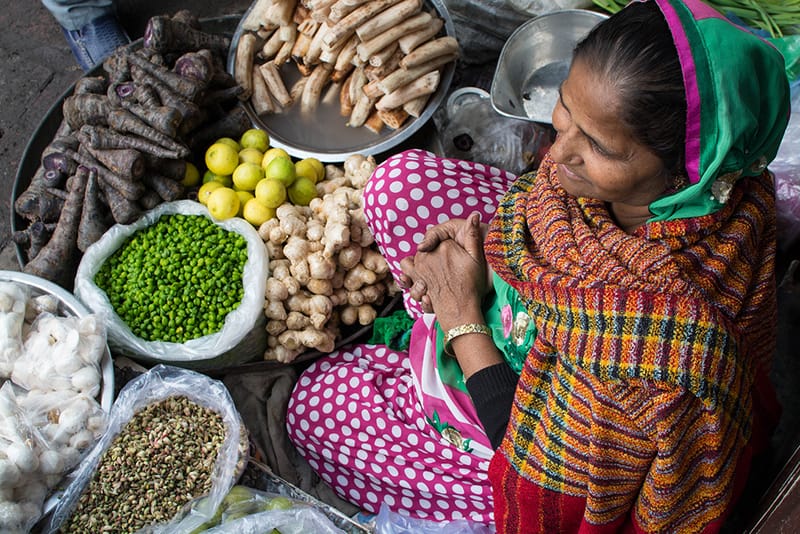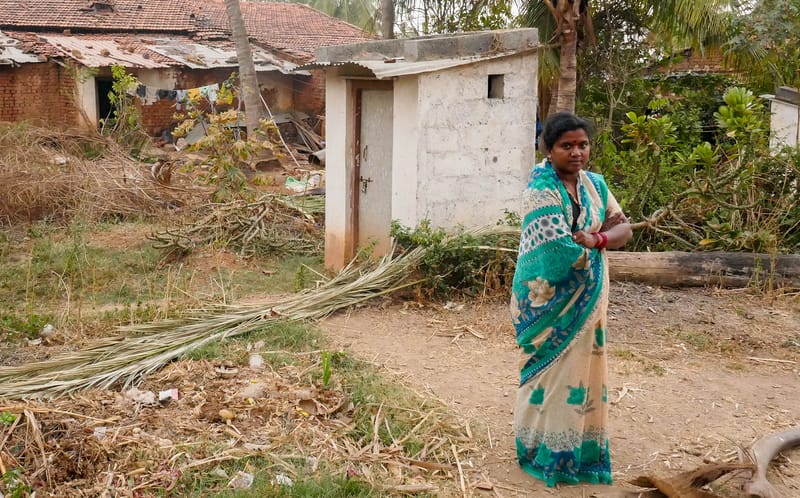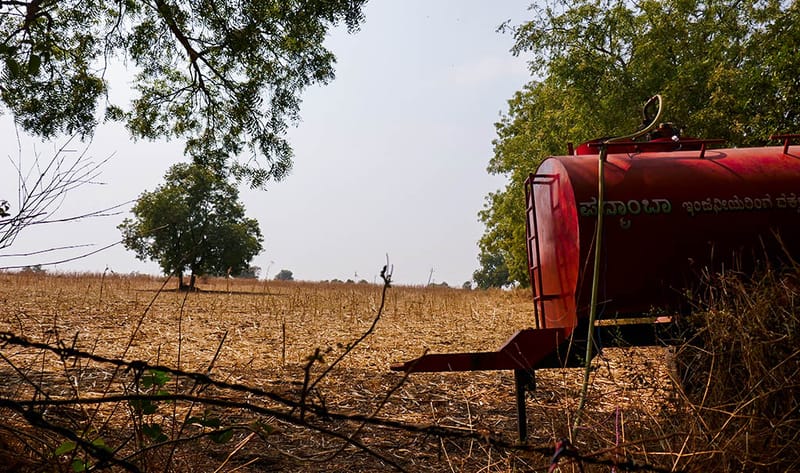Mandating food labelling key to solving obesity in India, experts say
Health experts have renewed their call for India’s Health Ministry to mandate front-of-pack labelling on all processed foods to battle obesity and diabetes.
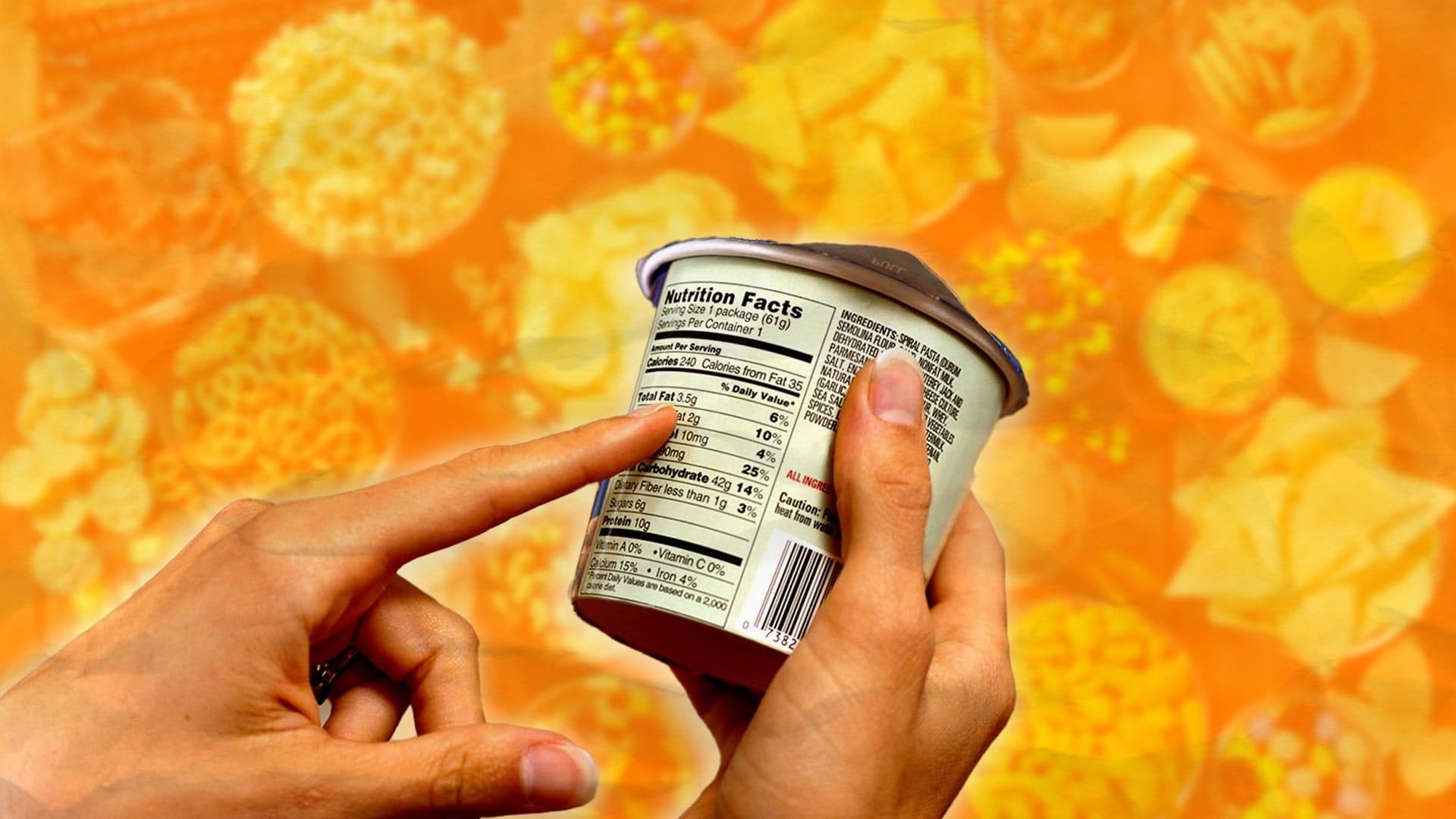
BY HIMANGI SINGH
Health experts have renewed their call for India’s Health Ministry to mandate front-of-pack labelling (FOPL) on all processed foods.
At a conference held by the All India Institute of Medical Sciences (AIIMS) in September, medical leaders including those from the Indian Association of Preventive and Social Medicine (IAPSM) and the Indian Public Health Association (IPHA) urged the country to address its increased rate of obesity and non-communicable diseases (NCD) such as heart disease and diabetes.
FOPL provides a clearer labelling system that assists in interpreting nutrient declarations and encourages consumers to make healthier food choices.
Findings from the 2020 National Health Survey found obesity and NCDs have increased in recent years, presenting India with a dual burden of disease as the country simultaneously tackles both malnutrition and obesity.
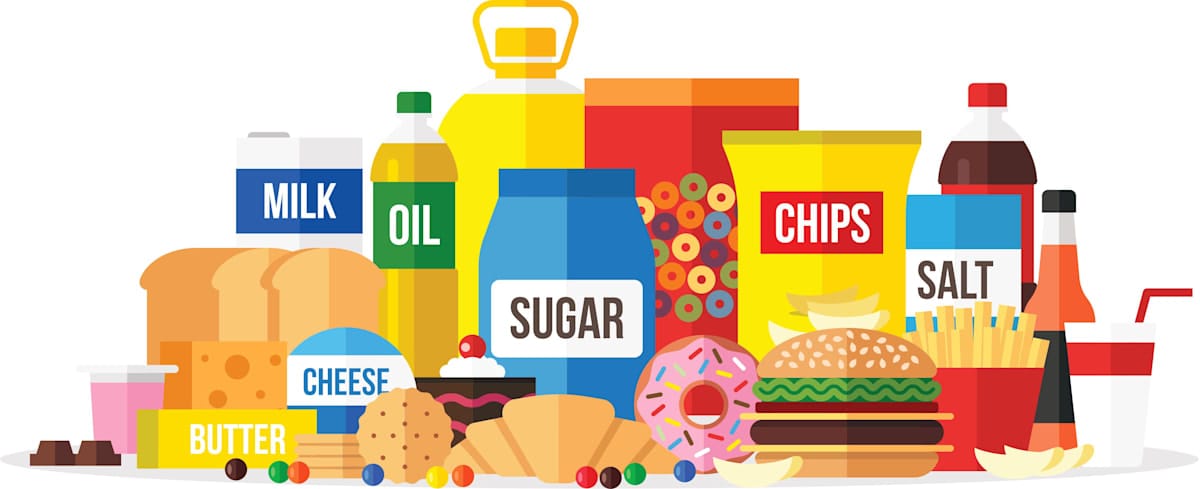
Indian Association of Preventive and Social Medicine (IAPSM) President Dr Suneela Garg said stringent FOPL can help empower consumers to make healthier food choices.
“India is the diabetic capital of the world," she said.
"Once we create awareness about processed foods like we created awareness about other diseases like COVID …it will make much difference as the consumer gradually becomes wiser.”
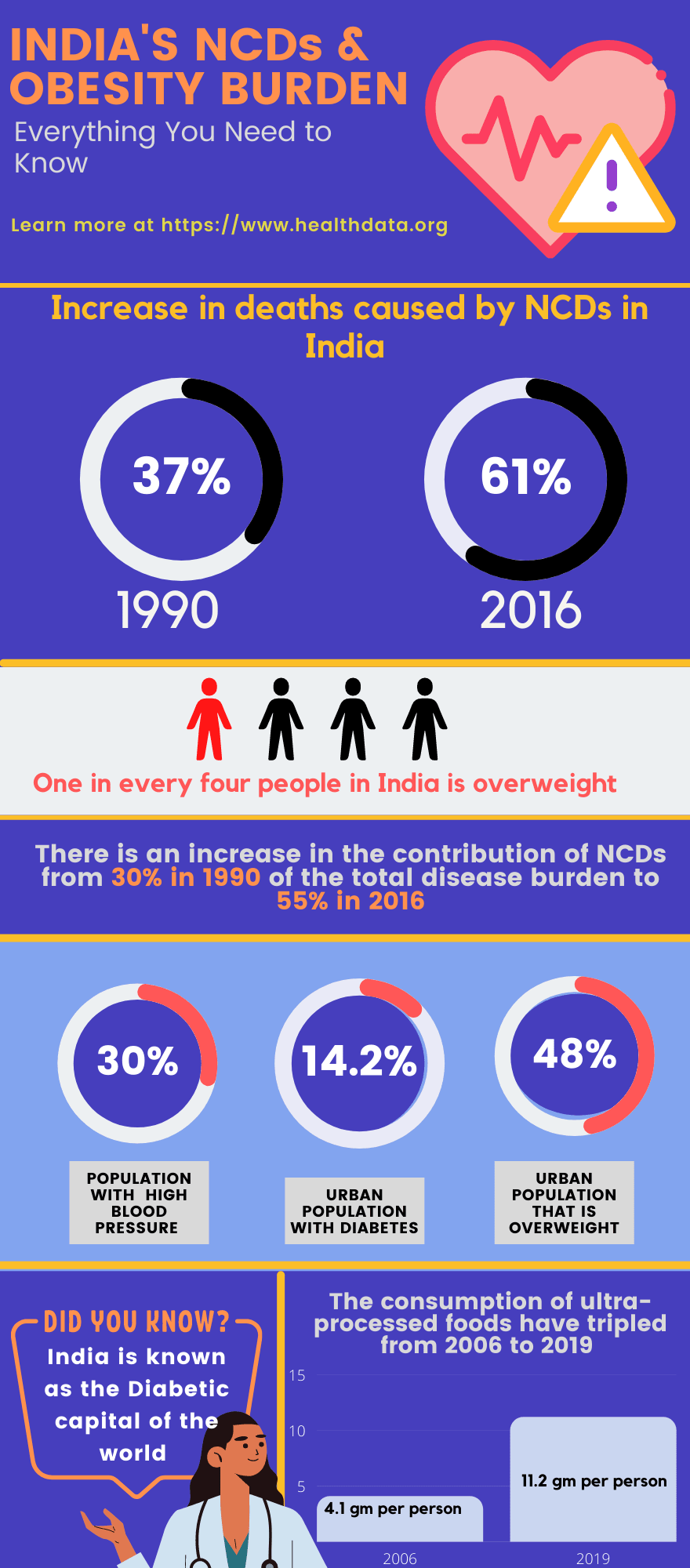
The Indian food industry has been resistant to FOPL systems with food manufacturers consistently opposing its implementation.
Head of Nutrition Research at the Public Health Foundation of India Dr Shweta Khandelwal said a large amount of premature and preventable morbidity and mortality can be saved in India if nutrition improves.
"Data shows that our diets and eating behaviours are rapidly transitioning with more people consuming outside foods as well as eating out frequently and access to these foods have become easier, often cheaper options too,” she said.
“[The food] industry leaves no stone unturned to market and heavily promote High Fat Sugar and Salt foods (HFSS) especially targeting children and mothers."

India is positioned second in the top five global markets for sugary beverages, signalling the country’s rapidly growing ultra-processed food industry.
Dr Khandelwal said India’s policies must respond better to this issue.
"Our policies need massive strengthening, so they can't be denied, deflected or divided by the private sector for profit," she said.
"The delay in the implementation is a combination of an aggressive pushback from the industry's end and slow demand from the consumer's end.”
The Food Safety and Standards Authority of India (FSSAI) in 2018 published a draft regulation for FOPL which they later withdrew to further deliberate on the threshold limit of fat, salt and sugar in packaged food according to Indian Standards.
In 2019, the FSSAI removed FOPL from the general labelling regulations and is currently seeking input from the packaged food industry, nutrition experts and consumer rights organisations for a viable front-labelling system for India.


